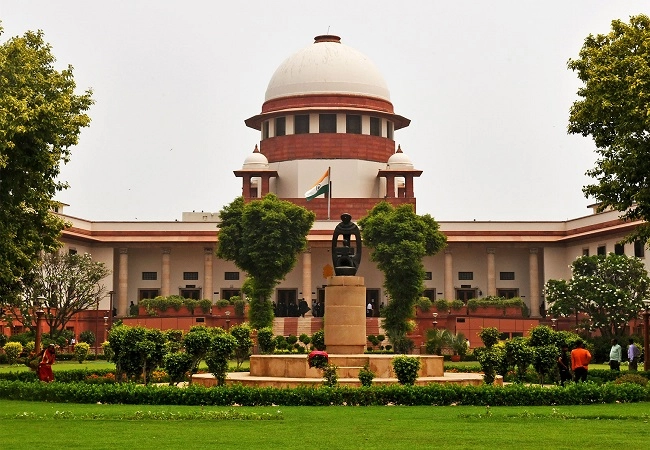In recent developments surrounding the Pulwama attack, there has been a significant statement from a senior official of the Pakistan Air Force that has sparked widespread discussion. The incident, which occurred in February 2019, involved a deadly suicide bombing that targeted a convoy of Indian security personnel in the Pulwama district of Jammu and Kashmir, resulting in the loss of numerous lives. The attack was attributed to the militant group Jaish-e-Mohammed, which India accused of operating from within Pakistan. In the aftermath, tensions between India and Pakistan escalated dramatically, leading to military confrontations and a diplomatic fallout.
The remarks made by the Pakistan Air Force official suggested a nuanced acknowledgment of the situation, which some interpret as a tacit admission of the implications of the attack. While the official did not directly state that Pakistan was involved in orchestrating the Pulwama attack, the comments have been perceived by many as a recognition of the complexities surrounding the incident and its aftermath. This has raised questions about the official stance of the Pakistani government regarding its relationship with militant groups and its commitment to combating terrorism.
The implications of such statements can be far-reaching, not only for diplomatic relations between India and Pakistan but also for the internal political dynamics within Pakistan. The government faces pressure from various factions, including hardline groups, to maintain its stance on Kashmir and its support for certain militant organizations. As these tensions persist, the international community remains watchful, urging both nations to engage in dialogue to de-escalate the situation and prevent further conflict.
Ultimately, the comments from the Pakistan Air Force official underscore the ongoing complexities of regional politics in South Asia and highlight the need for transparency and accountability in addressing issues of terrorism and national security. With both countries possessing nuclear capabilities, any miscalculation or escalation could have dire consequences, making it imperative for leaders in the region to approach these sensitive matters with caution and a commitment to peace.




